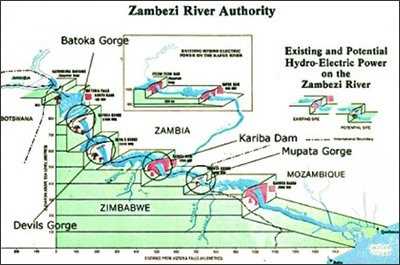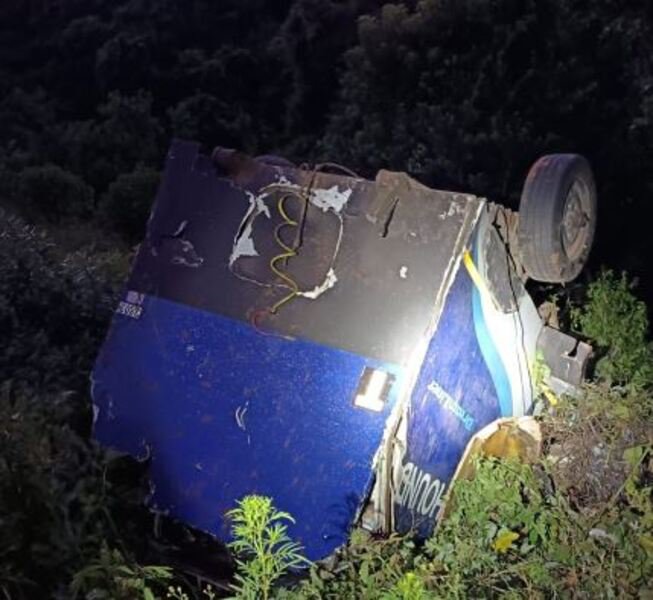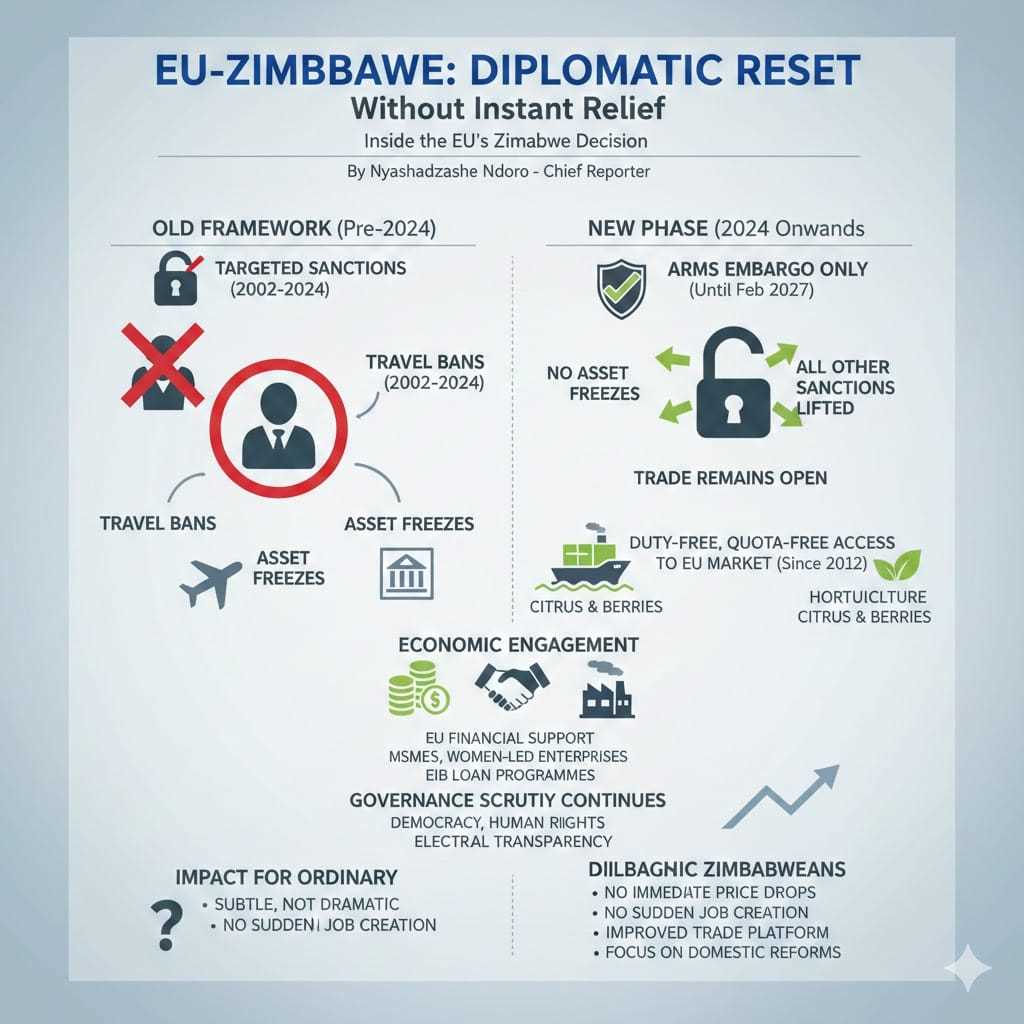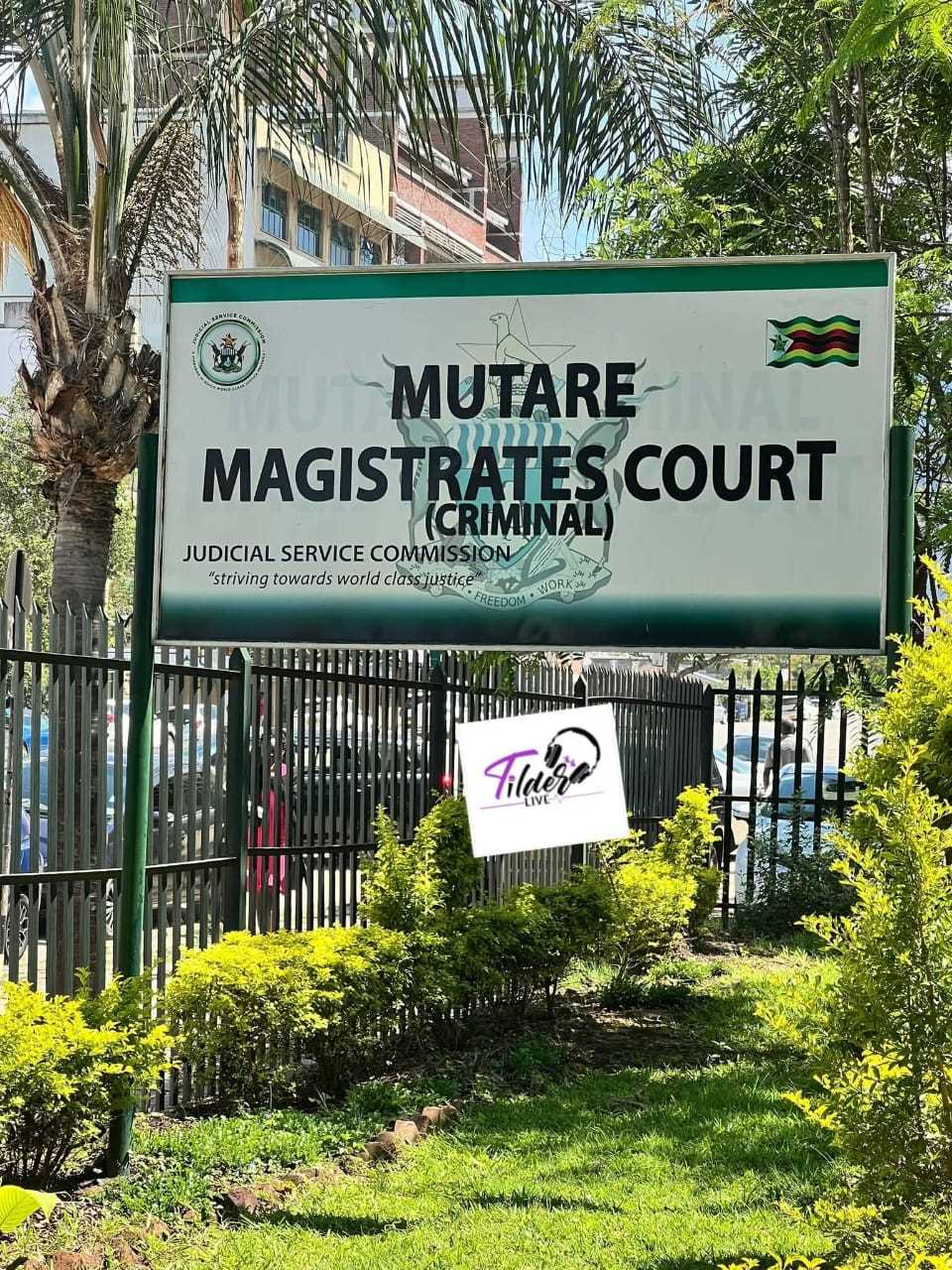
Zim Now Writer
Bids from potential developers for the construction of a US$5 billion Batoka Gorge Hydroelectric Power Station project on the Zambezi River are expected to be received by April 2025.
Zambia and Zimbabwe relaunched the tender after the General Electric and Power Construction Corp of China contract was terminated due to improper procurement procedures.
The Zambezi River Authority, a joint venture between Zambia and Zimbabwe responsible for the Kariba Dam complex, expects to receive bids from prospective contractors by April 2025 and select new bidders five months later.
Work on the 2 400-megawatt project was initially scheduled to begin in 2020 but faced delays due to the Covid-19 pandemic and funding difficulties.
The relaunch comes amidst a backdrop of several challenges in the region. A drought linked to El Niño has impacted southern Africa, leading to rising food prices.
Both Zimbabwe and Zambia have declared the drought a national disaster. Additionally, water levels at the Kariba Dam, which provides power for both southern African countries, are receding due to poor rainfall.
Related Stories
ZRA recently said developing water-reserve buffers is its priority.
“Additional hydroelectric schemes will facilitate reservoir regulation for power generation and flood management," said ZRA chief executive officer, Munyaradzi Munodawafa.
“This means generation will be increased at Batoka during the peak season while water will be banked at the Kariba Dam for use during the dry season.”
The reduced water levels at Kariba Dam have necessitated water allocation for the year, with ZRA granting 8 billion cubic meters of water to Zambian power utility Zesco and its Zimbabwean counterpart, the Zimbabwe Power Company.
This translates to 214 megawatts of power generation capacity for each company until the end of the year.
The Batoka Gorge Hydroelectric Power Station project is expected to serve multiple purposes. It will provide a significant increase in power generation capacity for both Zambia and Zimbabwe, alleviating the current power shortages.
It will further act as a mitigation measure to the hydrological problems at Kariba Dam by regulating water flow.



















Leave Comments